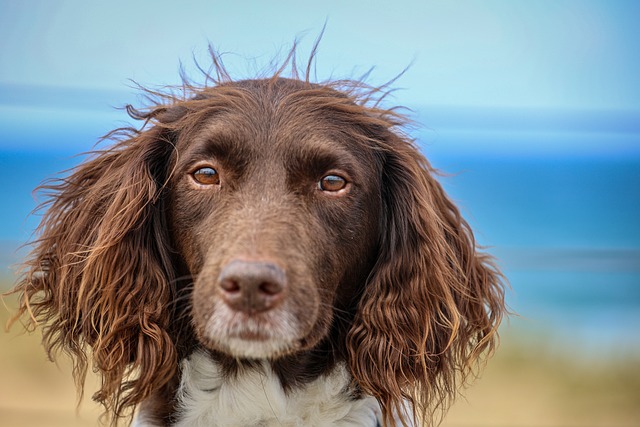
What is glaucoma in a dog?
You might notice your dog squinting more at mealtime or avoiding bright sunlight—these small changes could be early signs of a serious eye condition.
Watching your tiny fur ball suddenly slow down—turning away from their favorite kibble, vomiting after small sips of water, or hiding under the couch instead of chasing their tail—can make any new puppy parent’s heart race. If your vet confirms it’s parvo, one of the first questions bouncing around your mind is probably how long this will last. It’s a scary time, but knowing what to expect can help you stay calm for both of you.
Parvo, that tough virus that targets a puppy’s gut, doesn’t play by a strict timeline, but most cases follow a pattern. After a 3-7 day incubation period (when they look fine but are contagious), symptoms like diarrhea, lethargy, and loss of appetite kick in. With quick vet care—think IV fluids to fight dehydration and meds to ease inflammation—most puppies start turning the corner by day 5 or 6. The worst usually passes by day 10, though some need a little longer to regain their energy. Skip treatment, and it can drag on, putting their little bodies at risk.
 Once your vet sends you home, your main job is to keep things calm and clean. Parvo is tough to kill—those virus particles can hang around carpets or bowls for months. So grab a bleach solution (1 part bleach to 30 parts water) and wipe down every surface your puppy touched. Keep them away from other dogs, even in your building’s shared lobby—this virus spreads like wildfire, and you don’t want to pass it to the neighbor’s unvaccinated pup. Think of it like quarantining with a cold, but for your fur baby.
Once your vet sends you home, your main job is to keep things calm and clean. Parvo is tough to kill—those virus particles can hang around carpets or bowls for months. So grab a bleach solution (1 part bleach to 30 parts water) and wipe down every surface your puppy touched. Keep them away from other dogs, even in your building’s shared lobby—this virus spreads like wildfire, and you don’t want to pass it to the neighbor’s unvaccinated pup. Think of it like quarantining with a cold, but for your fur baby.
Here’s the thing: preventing parvo is way easier than treating it. Most states here require puppies to get their parvo shots starting at 6-8 weeks old, with boosters every few weeks until they’re 16 weeks. It’s not just a “good idea”—it’s the law in many places, and for good reason. Last summer, a friend’s rescue pup skipped a booster because of a scheduling mix-up, and ended up in the vet for 12 days with parvo. Don’t let that be your story.
Even when your puppy is on the mend, remember patience is key. They might be cranky or slow to eat—never scold them for that. Positive reinforcement works wonders here; a gentle “good girl” when they take a few bites goes further than any frustration. And once they’re fully recovered? Stick to those community rules: bag their waste on walks (parvo can live in poop, too) and keep up with booster shots. Your puppy’s health, and your neighborhood’s, depends on it.

You might notice your dog squinting more at mealtime or avoiding bright sunlight—these small changes could be early signs of a serious eye condition.

Let’s set the scene: It’s a sweltering Phoenix afternoon—105°F outside—and you rushed your 2-year-old Lab mix, Cooper, on a quick walk to “get it over with.”

Let’s get real: You’re in your Miami apartment, watching your 3-year-old Corgi, Loki, struggle to climb the stairs to your second-floor unit.

Many dog owners brush off occasional scratching as just “dog behavior,” but persistent itching often signals something more—like a food allergy.

You might first notice your dog scratching more than usual—chewing at their paws until the fur looks thin, or rubbing their face against the couch nonstop.

Let’s be real: You’re standing in your Chicago apartment, watching your 3-year-old Beagle, Max, huff and puff just to climb onto the couch.